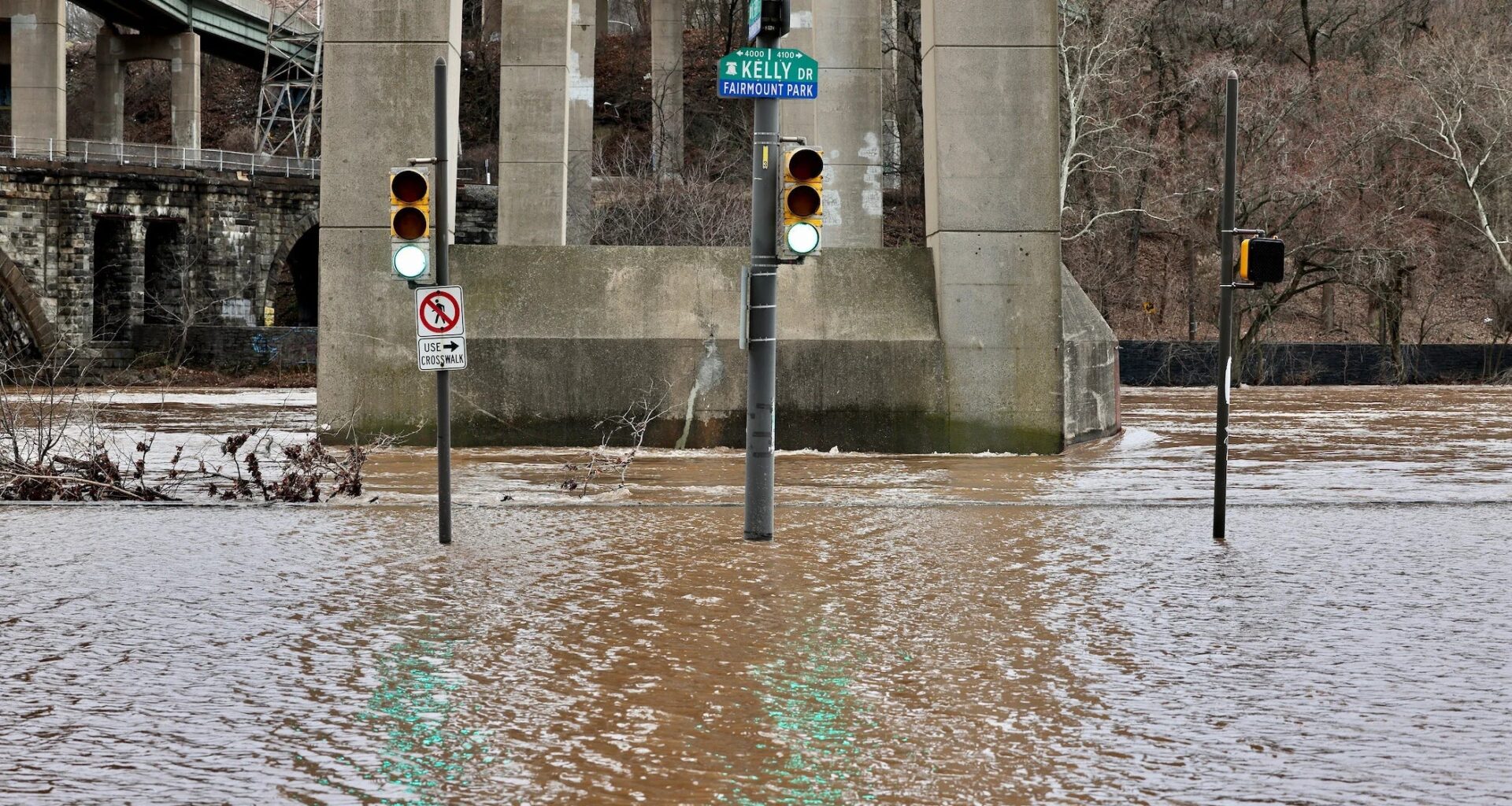Delaware beach towns lose disaster resilience projects
Delaware was forced to cancel 11 projects totaling over $4 million of investment, more than $3 million of which the state expected the federal government to pay, according to officials with the state’s Emergency Management Agency. One project would have improved stormwater management in Lewes, helping stop floodwaters from inundating streets and properties.
The program’s cancellation also affects communities including Slaughter Beach, Ocean View, Fenwick Island, Millsboro, Seaford, Greenwood and South Bethany, officials said.
“The cancellation of the BRIC program is devastating for Delaware,” the lawsuit reads. “Many of the BRIC projects in Delaware cannot move forward without BRIC funding. As a result of the termination of the BRIC program, Delaware is facing an increased risk of lost lives, property damage, and public safety burdens.”
Dozens of projects in Pennsylvania lost funding, lawsuit claims
More than 40 projects in Pennsylvania had been selected for funding through the grant program, but have now been terminated, according to the lawsuit. They would have brought a total of over $130 million in federal funding to the state.
The planned projects included acquisition and demolition of 21 properties in Scranton that have flooded repeatedly, flood control projects in York and Allegheny counties and flood resilience upgrades to a drinking water pumping station in Philadelphia, according to the lawsuit.
The grant program was also set to help the Philadelphia Water Department build new sewers to reduce the risk of flooding for 1,000 basements in the Northern Liberties, South Kensington and Ludlow neighborhoods. This project could still go forward without the federal grants, but ratepayers may bear the cost, Philadelphia Water Department spokesperson Brian Rademaekers said in April.
But other projects may not go forward in some suburban or rural parts of Pennsylvania, Padfield said.
“I think the loss of this funding is a deal breaker for a lot of other areas of the state,” he said. “They’re beneficial projects, but [communities] just are not going to have the funding, absent the federal funding.”
